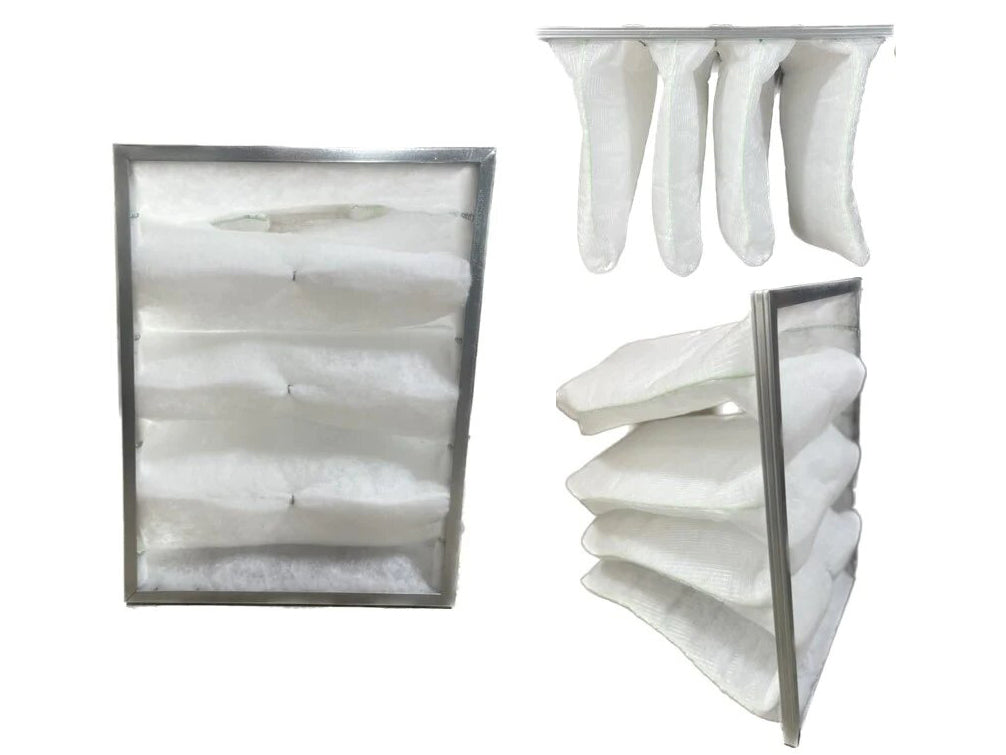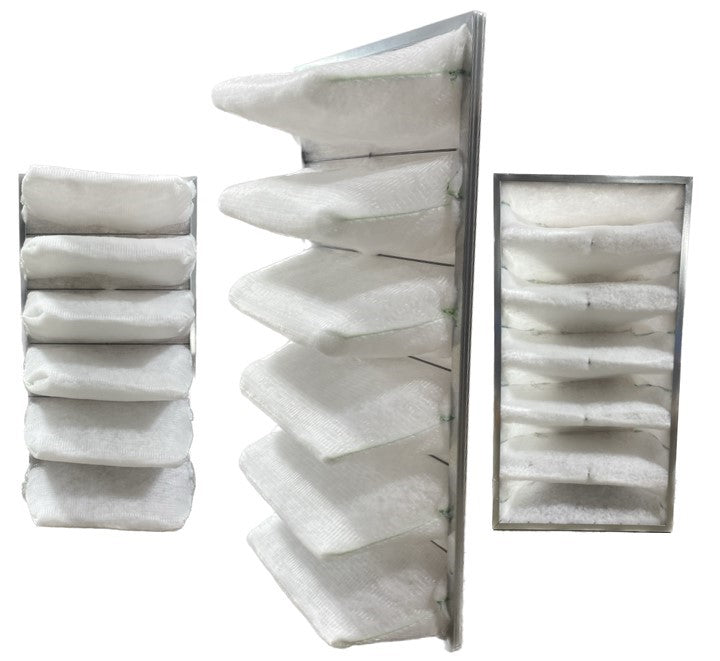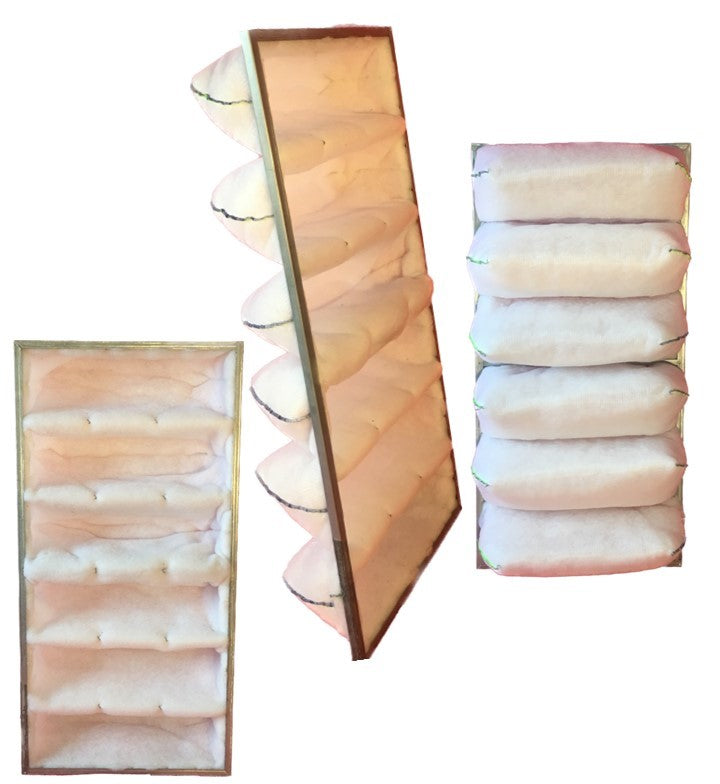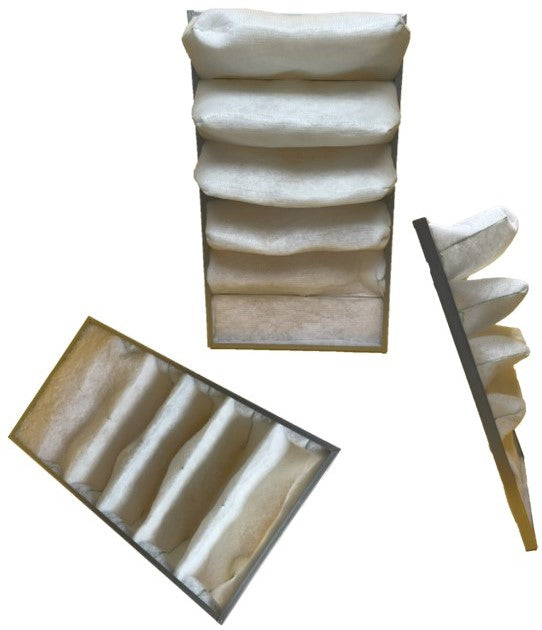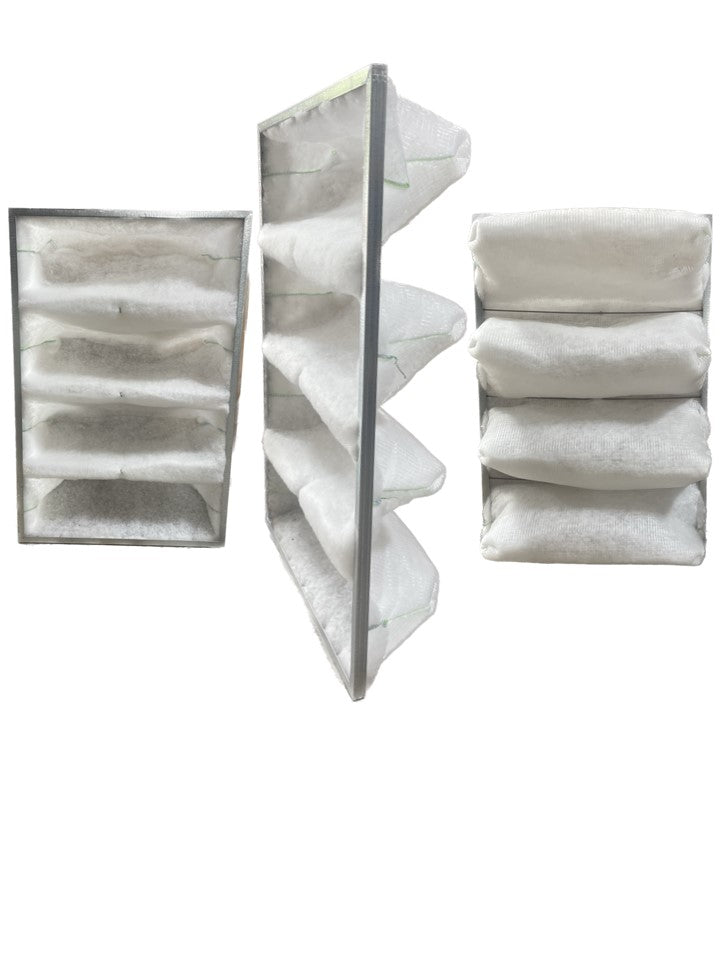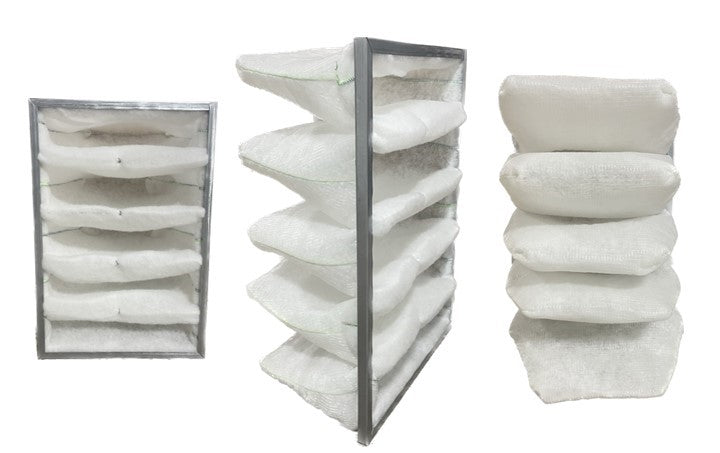Filtration Group
Spray Booth Pre & Exhaust Bag Filter
Spray Booth Pre & Exhaust Bag Filter
Regular price
$167.75 USD
Regular price
Sale price
$167.75 USD
Unit price
per
Shipping calculated at checkout.
Couldn't load pickup availability
Designed for high-demand spray booth environments, our pocket pre-filters and exhaust filters offer exceptional durability and efficiency. Internally supported and constructed from scrim-backed fiber or high-capacity dual-density fiber, these filters provide reliable performance and extended service life.
The pocket and cube configurations expand the filter surface area, increasing paint-holding capacity and allowing for longer intervals between replacements. This design optimizes airflow and ensures consistent filtration in automotive, aerospace, and industrial painting applications.
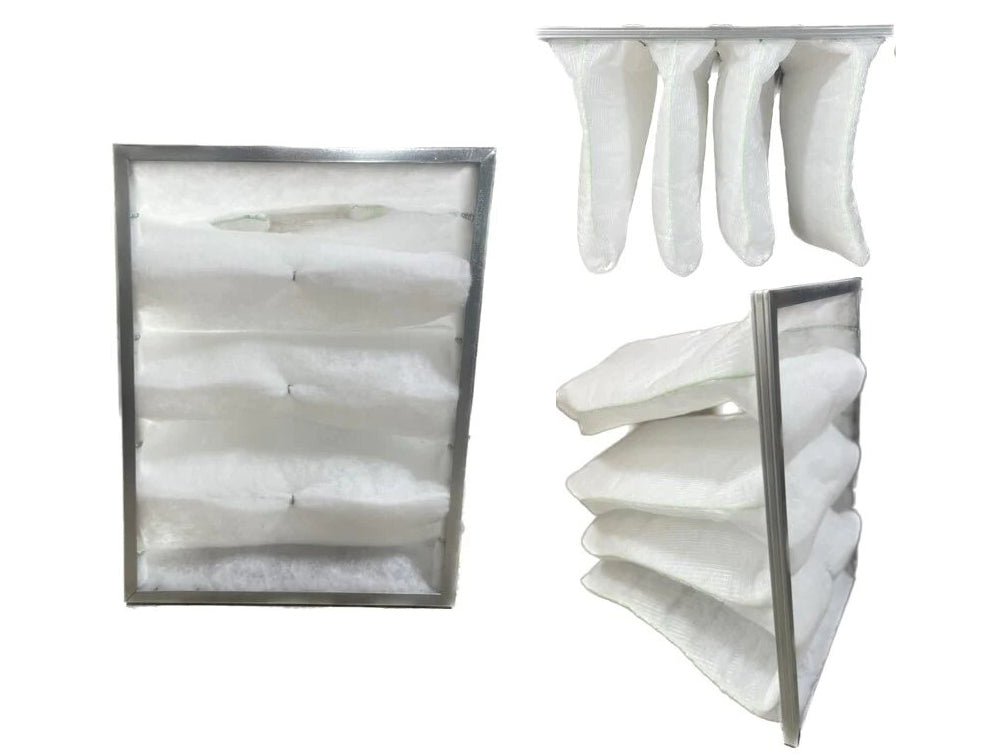
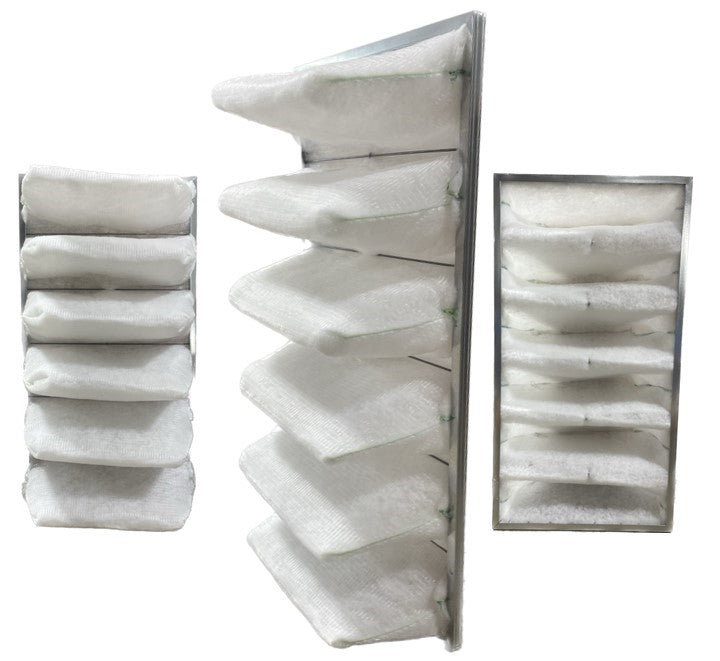
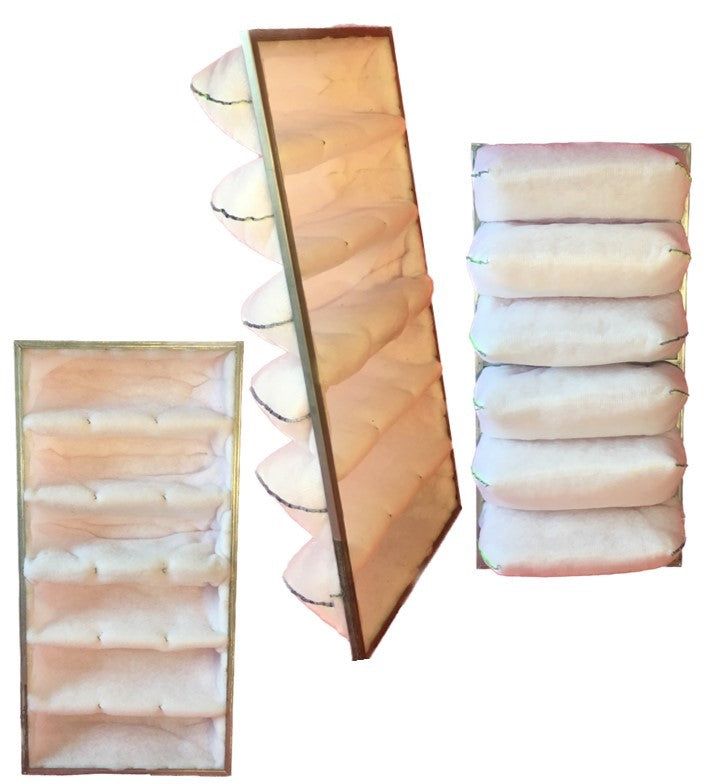
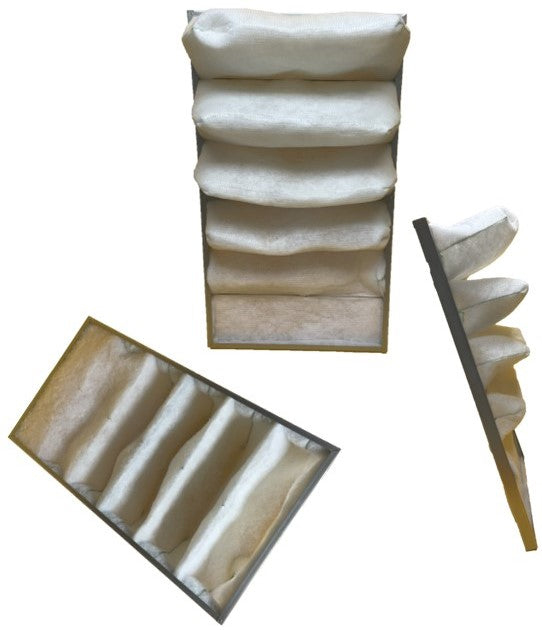
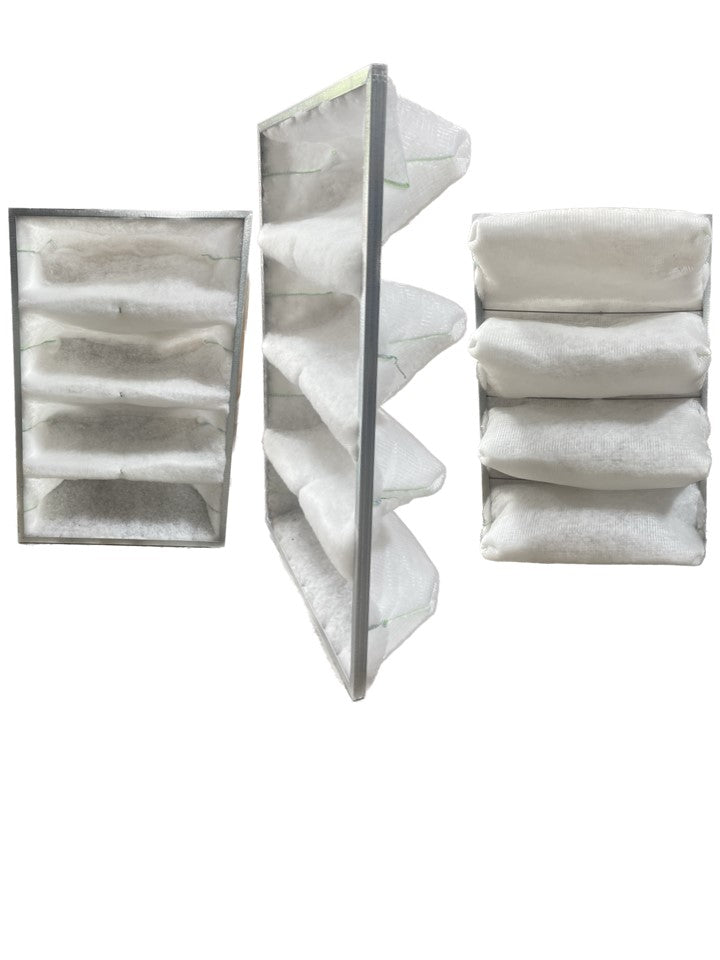
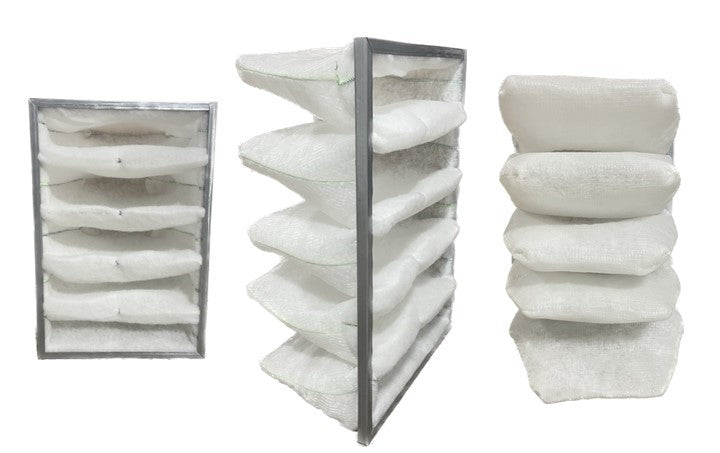
Custom Filters
Don't see the size you need? Our custom filters can be fabricated to fit any application!

